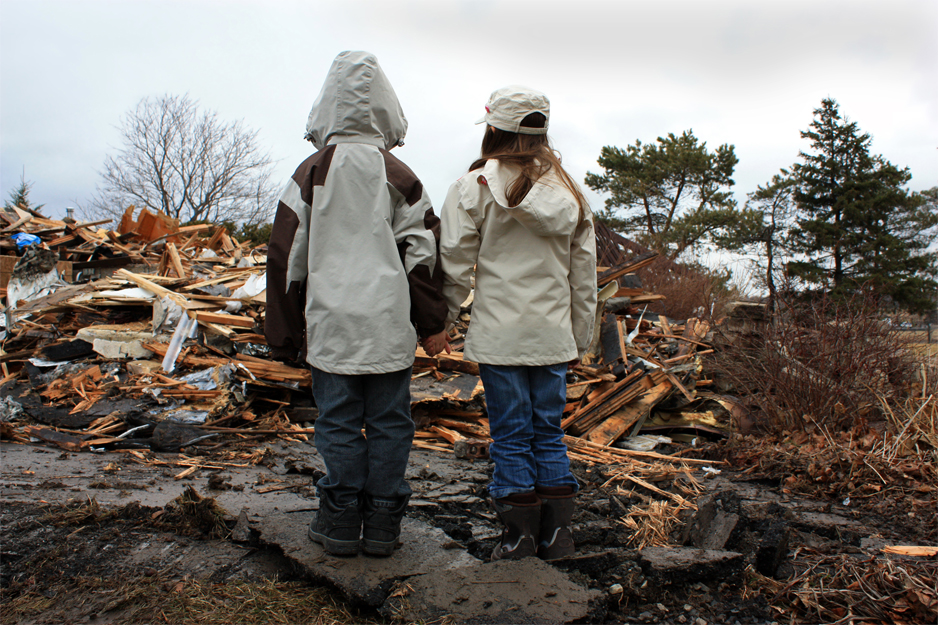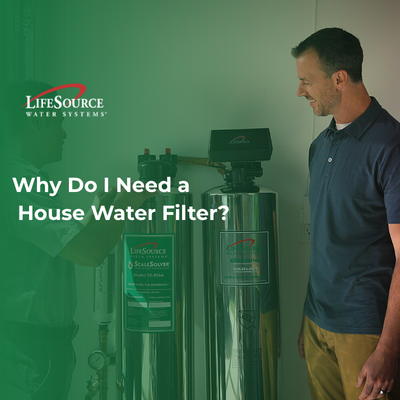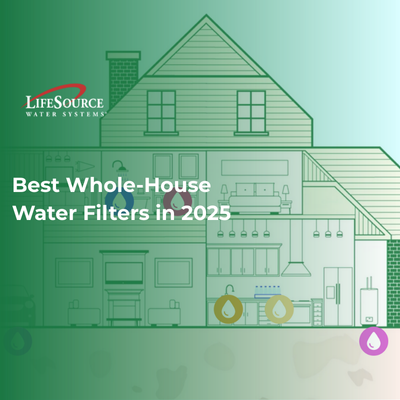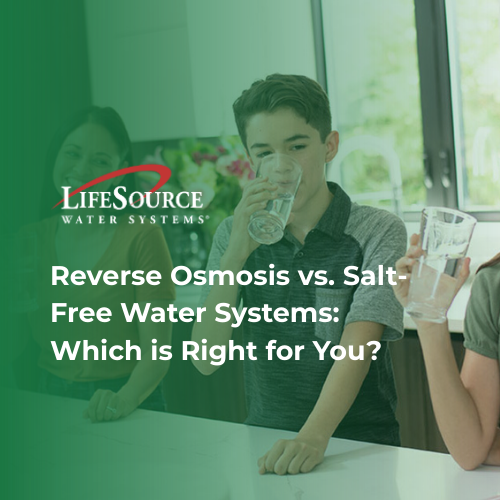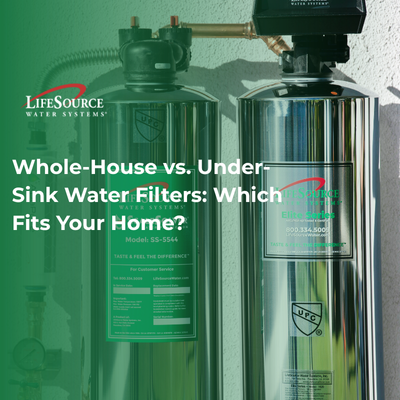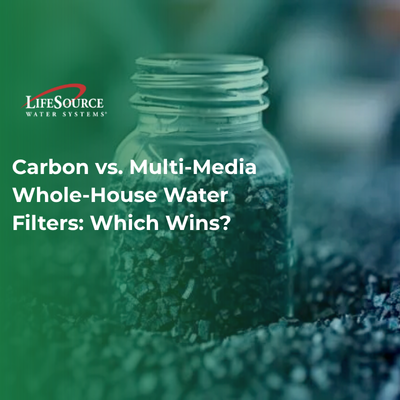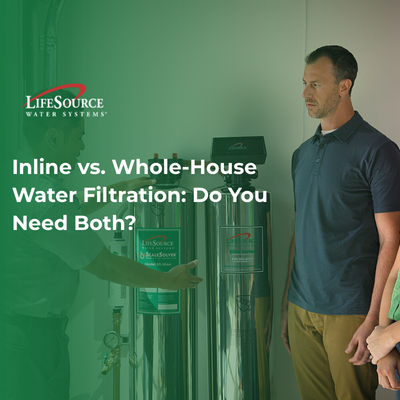
Are you prepared?
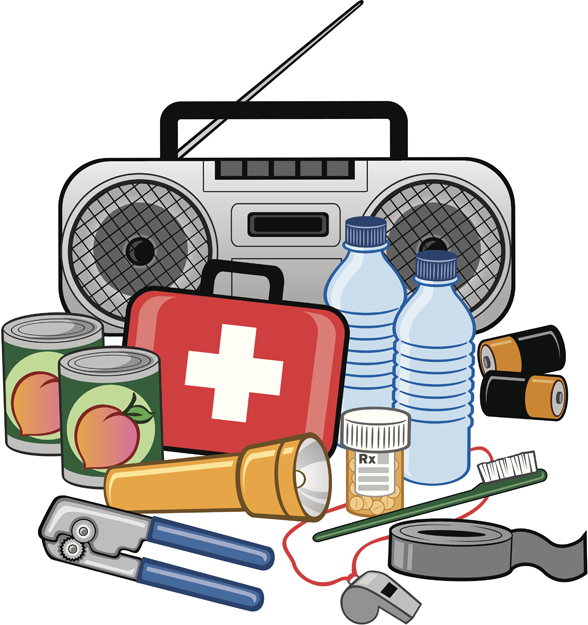
Stock enough water and food for three days after a major earthquake. After a major earthquake, roads, power cables, fuel lines and phone towers may be damaged. It’s important to be self-sustainable while emergency response teams work.
- Store a 72-hour water supply for each member of your family. Account for at least 1 gallon of water per person per day. This will ensure everyone has enough water for drinking and minimal sanitation needs. The exact amount of water needed to stay hydrated will depend on each person’s age, physical condition and climate. Women who are nursing, children and the sick or injured may need more water.
- Sealed plastic water bottles should be stored in a cool, dark place. Plastic water bottles can leech chemicals into the water if kept in direct sunlight.
After an earthquake, normal water supplies may be compromised. Broken pipes and damaged wells could lead to water contamination. Do not use questionable water to drink, cook, wash dishes, brush your teeth or bathe. Never drink water with an unusual odor or color. Do not use water you think may be contaminated with fuel or other toxic chemicals. Always follow directions from local state health departments when it comes to water safety.
Boil water - Boiling water kills disease-causing bacteria and viruses that could make water unsafe. After an earthquake, it’s a good idea to boil all water until you have more information from city officials on water safety. Bring water to a rolling boil for at least 1 minute (3 minutes if you are above 6,500 feet in elevation) and let water cool before using.
Water Disinfection Tablets - Water disinfection tablets are another way to sanitize water. Chlorine, iodine or other disinfection agent tablets can be purchased and stored with your emergency supplies. Make sure to properly follow all directions on product labels.
If you are unable to boil water and do not have a supply of water disinfection tablets, unscented chlorine bleach can be used to disinfect small amounts of water. This involves exact measuring and should be done following the Centers for Disease Control and Prevention (CDC) guidelines.
In the event of a major earthquake, we will undoubtedly be overwhelmed. It’s a good idea to include a print out of water and food safety guidelines with your emergency supplies.
- It’s important to stay hydrated. Minimizing your physical activity and staying in cool shaded areas will save water.
- Avoid drinking caffeine or alcoholic drinks. These beverages will dehydrate your body.
- Remember to store water, food and emergency supplies for your pets!
- Melted ice cubes are a good source for water that has not been contaminated.
- Swimming pools that have not been contaminated by storm or flood water are okay to use for personal hygiene and cleaning. Do not drink or consume swimming pool water.
- DO NOT use water from your hot water boilers, radiators or water beds.
